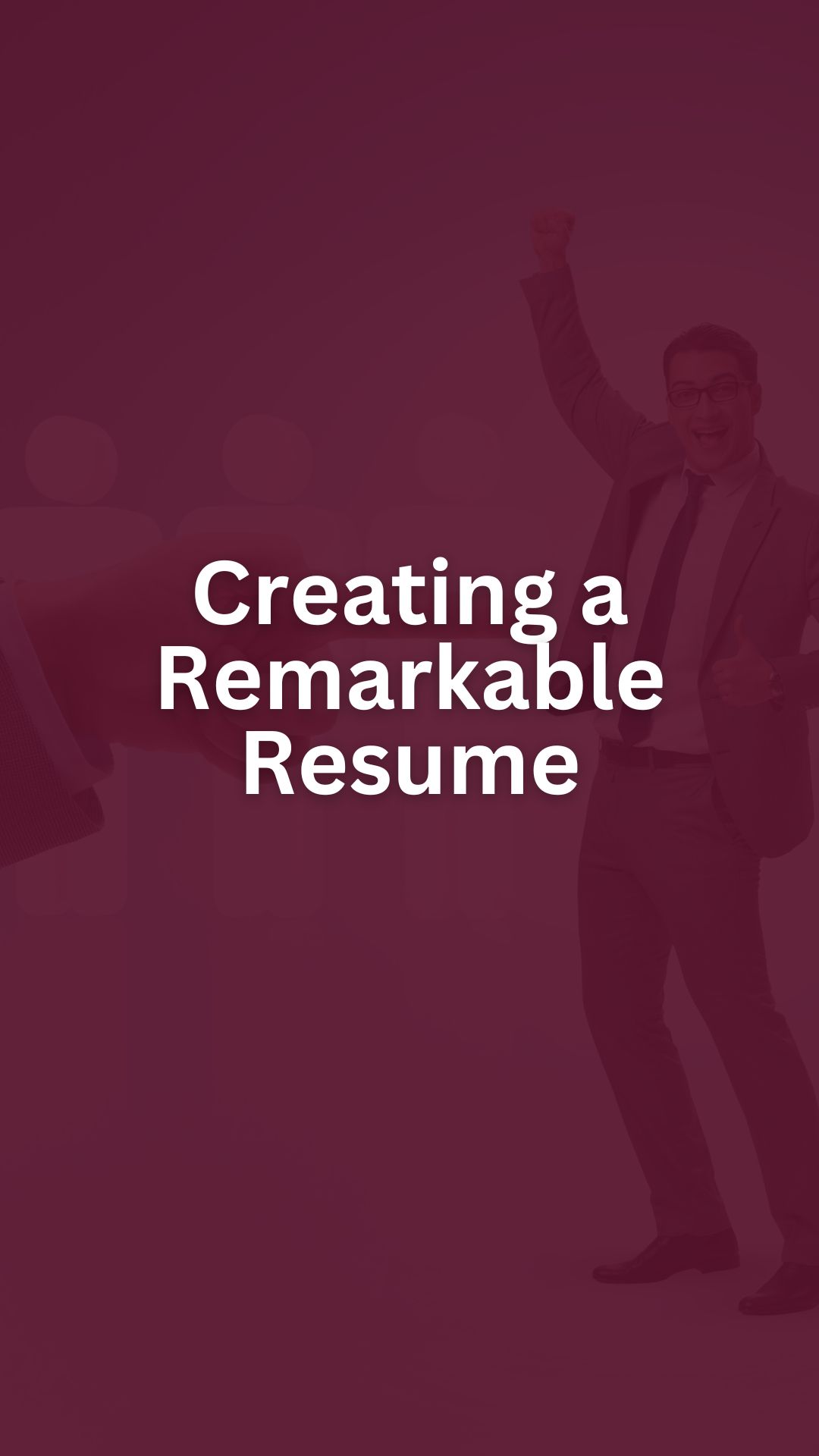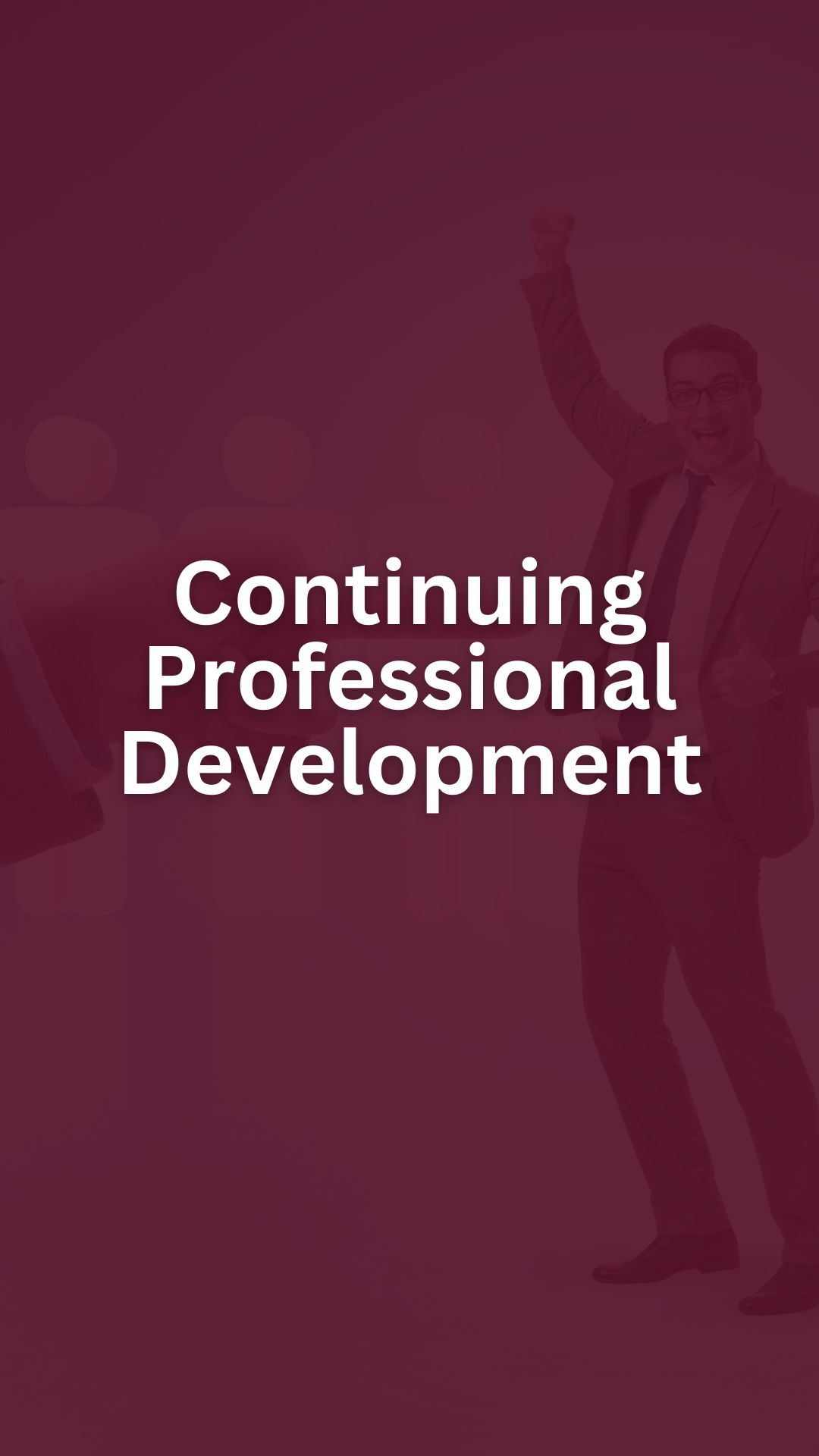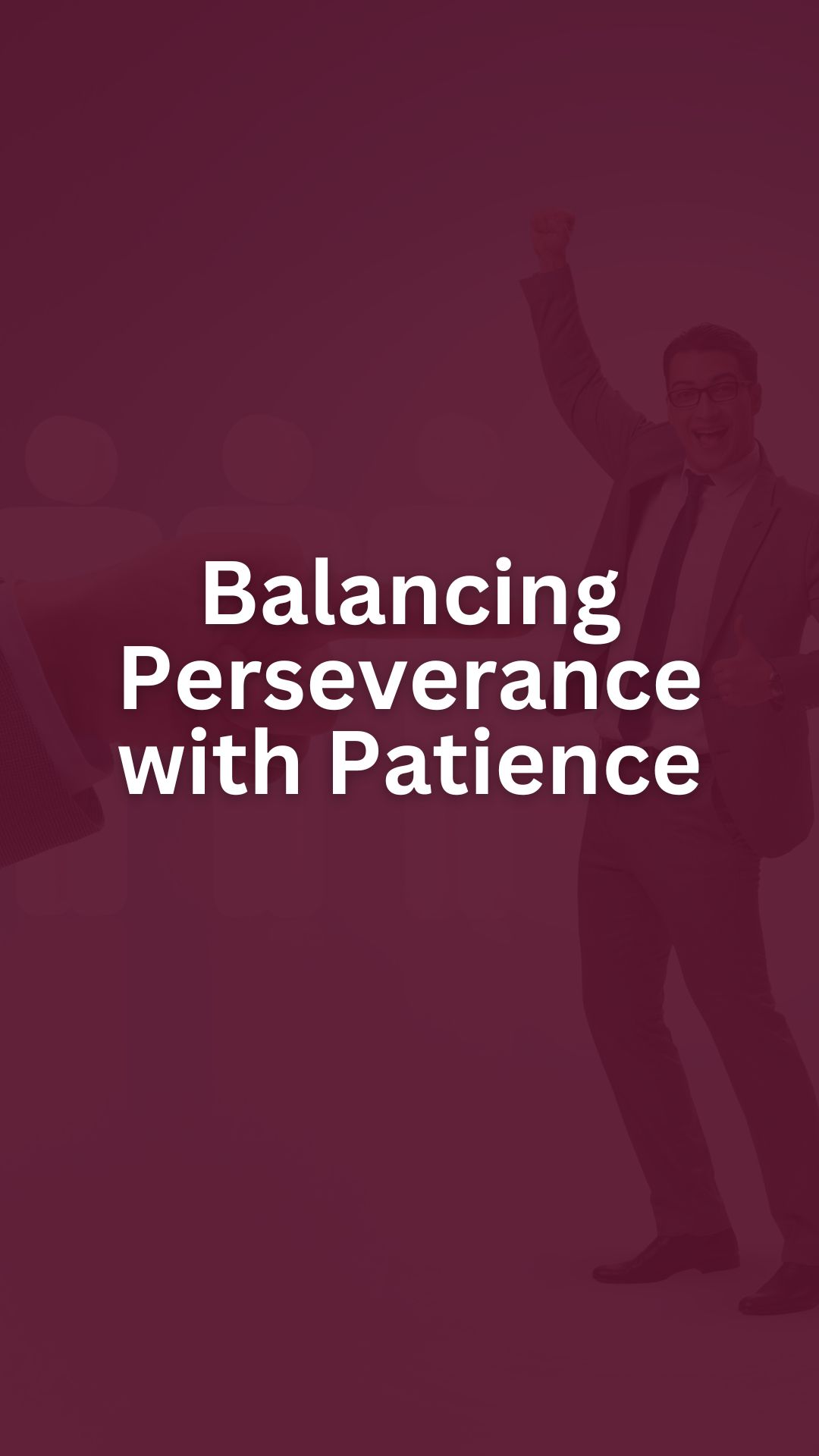Are you looking to get ahead in today’s competitive job market? The key to standing out is showcasing what makes you unique.
Whether through your skills, experiences, or personality, you have something special to offer.
Identify your strengths and highlight them in your resume and interviews. This will make you more memorable to employers.
Networking is another powerful tool.
Building connections can open doors you never imagined.
Stay updated with industry trends and continue learning new skills.
This keeps you relevant and shows employers you’re committed.
The job market can be tough, but with the right approach, you can shine brighter than the rest.
Building a Strong Personal Brand

Creating a personal brand is crucial to standing out in today’s job market. It involves telling your story, creating a unique visual identity, and being active online.
Crafting an Engaging Professional Narrative
Your professional narrative is your story. Highlight your experiences, skills, and achievements.
Use simple language and stay honest.
First, identify your strengths. Think about what makes you unique.
Next, write a short bio. Keep it to two or three sentences.
Focus on your key achievements and skills. This bio will be useful for your resume, LinkedIn, and personal website.
Finally, practice telling your story.
Use this narrative in interviews, networking events, and online posts. Keep it engaging and relevant.
Developing a Distinct Visual Identity
Your visual identity includes your photos, logo, and other design elements.
First, choose a professional, high-quality photo. This photo should be the same across all your platforms.
Create a simple logo if you can. This can be your initials or a symbol that represents you.
Next, choose your colors and fonts. Be consistent.
Use the same colors and fonts on your resume, website, and social media profiles.
These visual elements help others recognize you quickly. They make you look professional and organized.
Establishing Online Presence
Being active online is essential. Employers and recruiters often check online profiles.
First, update your LinkedIn profile.
Use a catchy headline, detailed summary, and list your skills and experiences.
Next, create a personal website if possible.
Include your bio, portfolio, and contact information. A blog can also show your expertise.
Finally, be active on professional social media platforms.
Share articles, comment on posts, and join groups in your industry. Stay professional and positive.
Networking with Purpose

Networking is vital. Using social media effectively, attending events, and forging real connections will set you apart.
Mastering Professional Social Media Use
Create a LinkedIn profile that highlights your skills and achievements.
Post about industry trends and join professional groups. Engage with posts by commenting and sharing insights. This shows recruiters your expertise and keeps you on their radar.
Set your profile to “open to work.” This lets employers know you’re available.
Connect with colleagues, recruiters, and industry leaders. Send personalized messages when you add someone, explaining why you want to connect.
Utilizing Networking Events
Attend industry conferences, seminars, and workshops.
These events are great for meeting professionals and learning about new opportunities.
Dress professionally and bring business cards. Have a clear, brief introduction about yourself ready.
Follow up with people you meet.
Send them a LinkedIn request or an email mentioning your conversation. This helps solidify the connection and keeps the conversation going.
Building Meaningful Professional Relationships
Quality beats quantity.
Focus on building meaningful relationships rather than just increasing your contact list.
Regularly check in with your connections. Congratulate them on achievements and offer help when you can.
Be genuine and approachable. Share your knowledge and listen to others.
People appreciate sincerity and are more likely to help you if they know you are genuine.
Gaining Relevant Experience

In a competitive job market, gaining relevant experience can set you apart from other applicants. Here are three key ways to do that.
Volunteering for Skill Development
Volunteering is a great way to build new skills.
You can find opportunities that match your career interests.
For example, if you want to work in marketing, volunteer to help a local nonprofit with their social media.
Volunteering doesn’t just give you skills. It also expands your network.
You might meet people who can help you with job leads or references. Plus, it shows employers that you’re dedicated and willing to help others.
Group projects and teamwork are common in volunteer work.
These experiences teach you how to collaborate and solve problems with others. Volunteering can fill gaps in your resume and make you a well-rounded candidate.
Participating in Internships
Internships offer hands-on experience in your field.
Even if the internship is unpaid, the skills you gain can be invaluable.
Look for internships with companies you admire. You’ll learn how things work from the inside.
Internships can turn into job offers. Many companies hire interns who perform well because they’ve already trained them.
Even if you don’t get hired, you can get a strong letter of recommendation.
Internships also help you learn what you like or dislike in a workplace.
This can guide your job search and help you find the right fit. Keep track of the projects you work on so you can talk about them in job interviews.
Taking on Freelance Projects
Freelance projects let you work independently and build your portfolio.
Websites like Upwork or Fiverr can connect you with clients.
Start with small projects to build your confidence and skills.
Freelancing shows that you can manage your time and meet deadlines.
Clients who like your work might hire you for more projects or recommend you to others.
You can tailor freelance projects to your career goals.
If you want to be a graphic designer, take on logo design projects.
This targeted experience can make you more attractive to employers looking for specific skills.
Freelancing also helps you learn how to communicate with clients. This is a valuable skill in any job. Plus, each project gives you something new to add to your resume.
Creating a Remarkable Resume

An impressive resume can make you stand out and get noticed. Focus on your key achievements, tailor your resume to the job, and use strategic keywords to catch the eye of hiring managers.
Highlighting Achievements over Duties
Employers want to know what you have accomplished, not just what you were expected to do.
Describe specific successes:
- Instead of saying, “Responsible for managing a team,” say, “Led a team of 10 to successfully complete a project two weeks ahead of schedule.”
Use numbers and facts:
- Numbers make achievements more tangible. For instance, “Increased sales by 30% in six months” is more impactful than simply saying, “Improved sales.”
Be concise:
- Focus on the most impressive achievements related to the job you’re applying for. Leave out less relevant details.
Tailoring to the Job Description
Your resume should match the job you want.
Read the job description carefully:
- Note down the skills and experiences the employer is looking for.
Customize your resume:
- Highlight your experiences that match the job requirements. If the job requires teamwork skills, mention times you successfully worked in a team.
Mirror the job language:
- Use similar phrases and terminology. It shows that you understand the role and its demands.
Incorporating Keywords Strategically
Keywords help your resume get noticed by both hiring managers and automated systems.
Identify important keywords:
- Look through the job description for recurring words and phrases.
Use them naturally:
- Incorporate these keywords smoothly into your resume. Avoid stuffing them in unnaturally.
Cover all areas:
- Keywords should appear in your summary, skills section, and job descriptions. This ensures you pass through automated filters.
Acing the Interview Process

To truly stand out in your job interview, focus on learning about the company, practicing your answers, and having thoughtful questions ready to ask your interviewer.
Conducting Thorough Company Research
Learn as much as you can about the company.
Start with their website. Look at their mission and values. This shows you’re interested and helps you understand if their goals align with yours.
Read recent news articles about the company.
This can give you insight into their latest projects or achievements. Check out their social media pages, too.
Notice their culture and how they interact with their audience.
Talk to current or former employees, if possible.
They can give you a real sense of what it’s like to work there.
Being well-prepared will help you feel confident and stand out.
Practicing Behavioral Interview Techniques
Behavioral interviews focus on past experiences.
Think about specific examples from your past jobs. Practice the STAR method: Situation, Task, Action, Result.
- Situation: Describe a challenge you faced.
- Task: Explain your responsibility.
- Action: Detail what you did.
- Result: Share the outcome.
Prepare stories that highlight your skills and achievements.
Practice with a friend or in front of a mirror. This can make a big difference and help you answer questions clearly and confidently.
Preparing Thoughtful Questions to Ask
Asking questions shows you are interested and engaged.
Prepare some questions before the interview.
Focus on topics like company culture, team dynamics, and growth opportunities.
Examples:
- What are the biggest challenges the team is currently facing?
- How do you support career development for your employees?
- Can you describe a typical day in this role?
These questions demonstrate that you have done your homework and are seriously considering how you can contribute to the team.
Leveraging LinkedIn Effectively

LinkedIn is a powerful tool for your job search. It’s not just a social network—it’s a professional network where you can connect with potential employers, industry leaders, and peers.
1. Optimize Your Profile
Make sure your profile is complete.
Use a professional photo, write a strong headline, and fill out all sections with accurate information. Highlight your skills, experiences, and accomplishments.
2. Build Your Network
Connect with colleagues, classmates, and industry professionals.
Join relevant groups and participate in discussions. The more active you are, the more visibility you gain.
3. Share Content
Post updates, share articles, and comment on others’ posts.
This activity keeps you in the minds of your connections. It also shows you’re engaged and knowledgeable about your industry.
4. Endorsements and Recommendations
Request endorsements for your skills and seek out recommendations from colleagues or supervisors. These add credibility and make your profile stand out.
5. Use Keywords
Include industry-relevant keywords in your profile.
This improves your chances of appearing in search results when recruiters look for candidates with your skill set.
6. Engage with Companies
Follow companies you’re interested in and engage with their content.
Comment on their posts and show genuine interest. This can help you get noticed by their hiring teams.
7. Utilize Job Search Tools
Take advantage of LinkedIn’s job search functionality.
Set up job alerts and use filters to find positions that match your skills and interests.
Continuing Professional Development

Staying current in your field helps you stand out. Some effective ways to do this include earning certifications, attending workshops, and staying updated on industry trends.
Pursuing Certifications and Courses
Gaining certifications shows employers you are serious about your career.
Look for reputable institutions that offer courses in your field.
Online platforms, like Coursera and LinkedIn Learning, provide flexible options.
Certifications can also lead to higher pay and better job opportunities.
List your new skills and certificates on your resume and LinkedIn profile to attract potential employers.
Attending Workshops and Seminars
Workshops and seminars provide hands-on experience and networking opportunities.
Look for events hosted by industry groups and professional organizations.
Participate actively and ask questions to learn more.
Networking with professionals can lead to job offers and valuable career advice.
Keep a calendar of upcoming events to stay engaged and continually improve your skills.
Keeping Abreast with Industry Trends
Stay informed about the latest trends and technologies in your field.
Follow industry leaders on social media, subscribe to relevant newsletters, and join professional online groups.
Read industry publications, blogs, and watch webinars.
Being knowledgeable about current developments can give you an edge in job interviews and make you a valuable asset to employers.

Mastering Soft Skills
In a competitive job market, your soft skills can make all the difference.
Improving Communication Abilities
Clear and effective communication is key.
It involves not just speaking, but also listening and understanding others.
Practice active listening by giving full attention to the speaker and asking questions. This shows you value what others say.
Be concise and clear in your messages.
Avoid jargon and complex terms.
Use simple language to ensure everyone understands your point.
Writing emails and reports clearly is just as important as verbal communication.
Non-verbal cues like body language and eye contact also matter.
Maintain eye contact to show confidence and engage with your audience.
Ensure your body language matches your words to avoid sending mixed messages.
Developing Leadership Qualities
Leadership is not just for managers.
Take initiative in your roles. Volunteer for tasks and show a willingness to step up.
Demonstrate problem-solving skills by finding solutions rather than just identifying problems.
Building trust is essential.
Be honest and reliable.
When you make a commitment, follow through. This earns you respect from your colleagues.
Encourage and support your team members.
Acknowledge their achievements and offer constructive feedback.
This builds a positive environment and improves team performance.
Fostering Team Collaboration
Working well in a team is a must.
Collaboration means valuing each team member’s input and working towards a common goal.
Respect diverse opinions and be open to different approaches.
Effective teamwork requires clear roles and responsibilities.
Understand your role and how it fits into the team’s objectives.
Communicate regularly to keep everyone on the same page.
Conflict resolution is part of teamwork.
When disagreements occur, address them calmly and constructively.
Focus on finding a solution rather than placing blame. This helps maintain a positive and productive team environment.

Balancing Perseverance with Patience
To stand out in a competitive job market, you need both perseverance and patience.
Keep applying for jobs, even if you face many rejections.
It’s crucial to stay motivated. Hold on to your goals and remind yourself why you started. Never give up!
At the same time, practice patience. Finding the right job can take time. It’s okay to wait for the perfect fit.
You can use breaks between applications to improve your skills. Take an online course or attend a workshop. This makes you more attractive to employers.
Network during your job search. Connect with people in your field. They might know about job openings or have tips for you.
Remember to take care of yourself. Stress can slow you down. Make time for hobbies and relaxation.
Here’s how to balance perseverance and patience in your job search:
| Perseverance | Patience |
|---|---|
| Apply regularly | Wait for the right opportunity |
| Stay motivated | Be patient with the process |
| Set goals | Manage expectations |
Evaluating Job Offers Selectively
When you’re choosing between job offers, it’s crucial to look beyond the salary. Consider the full compensation, the company culture, and your long-term career growth.
Understanding the Total Compensation Package
Don’t just focus on the salary. The total compensation package includes benefits like health insurance, retirement contributions, and bonuses.
Some companies offer perks like flexible working hours, remote work options, or tuition reimbursement.
Make a list of what’s most important to you and compare offers side by side.
Here’s a quick checklist:
- Salary
- Health Insurance
- Retirement Plans
- Bonuses and Stock Options
- Paid Time Off
- Perks (gym memberships, etc.)
Understanding these components helps ensure you’re getting a deal that meets your needs.
Assessing Company Culture
A good salary won’t matter if you’re unhappy at work.
Research the company’s culture by looking at employee reviews on sites like Glassdoor.
Check for:
- Work-life Balance
- Management Style
- Team Dynamics
- Company Values
Talk to potential coworkers during interviews to get a feel for the work environment.
You can even ask specific questions about the culture to see if it aligns with your values and work style.
Considering Long-Term Career Growth
Think about where you want to be in 5 or 10 years.
Some jobs offer clear paths for promotion and career development, while others may have limited growth opportunities.
Look at:
- Training and Development Programs
- Mentorship Opportunities
- Pathway for Promotion
Ask about advancement opportunities during interviews.
Does the company invest in its employees’ growth? Choose a job that supports your career goals and offers the chance to develop new skills.

Frequently Asked Questions
Learn how to stand out in a competitive job market by using effective strategies, showcasing your skills innovatively, and networking wisely.
What strategies can propel me to the top of a hiring manager’s list?
Focus on tailoring your resume to each job application.
Highlight your unique skills and experiences that match the job description. Show your enthusiasm for the role and the company.
What are some innovative ways to showcase my skills to potential employers?
Create a personal website or portfolio that displays your projects and achievements.
Use social media to share your work and engage with industry leaders. Make a professional video resume to introduce yourself.
What tactics can I employ to network effectively in a tight job market?
Join professional groups related to your industry.
Attend events, both online and in-person, to meet key people. Follow up with new contacts quickly and keep in touch with old connections.
How can I craft a resume and cover letter that commands attention?
Keep your resume neat, concise, and free of errors.
Highlight key skills and achievements at the top. Write a cover letter that explains why you’re a great fit for the role and the company. Personalize it for each application.
Which personal branding tips can make me irresistible to recruiters?
Be consistent across all platforms like LinkedIn, your resume, and your portfolio.
Showcase your unique value and skills clearly. Participate in industry discussions online to position yourself as a thought leader.
In what ways can continuous learning give me an edge over other candidates?
Stay current with the latest skills and trends in your industry. Take online courses, attend workshops, and earn certifications. This shows that you’re proactive and committed to professional growth.
